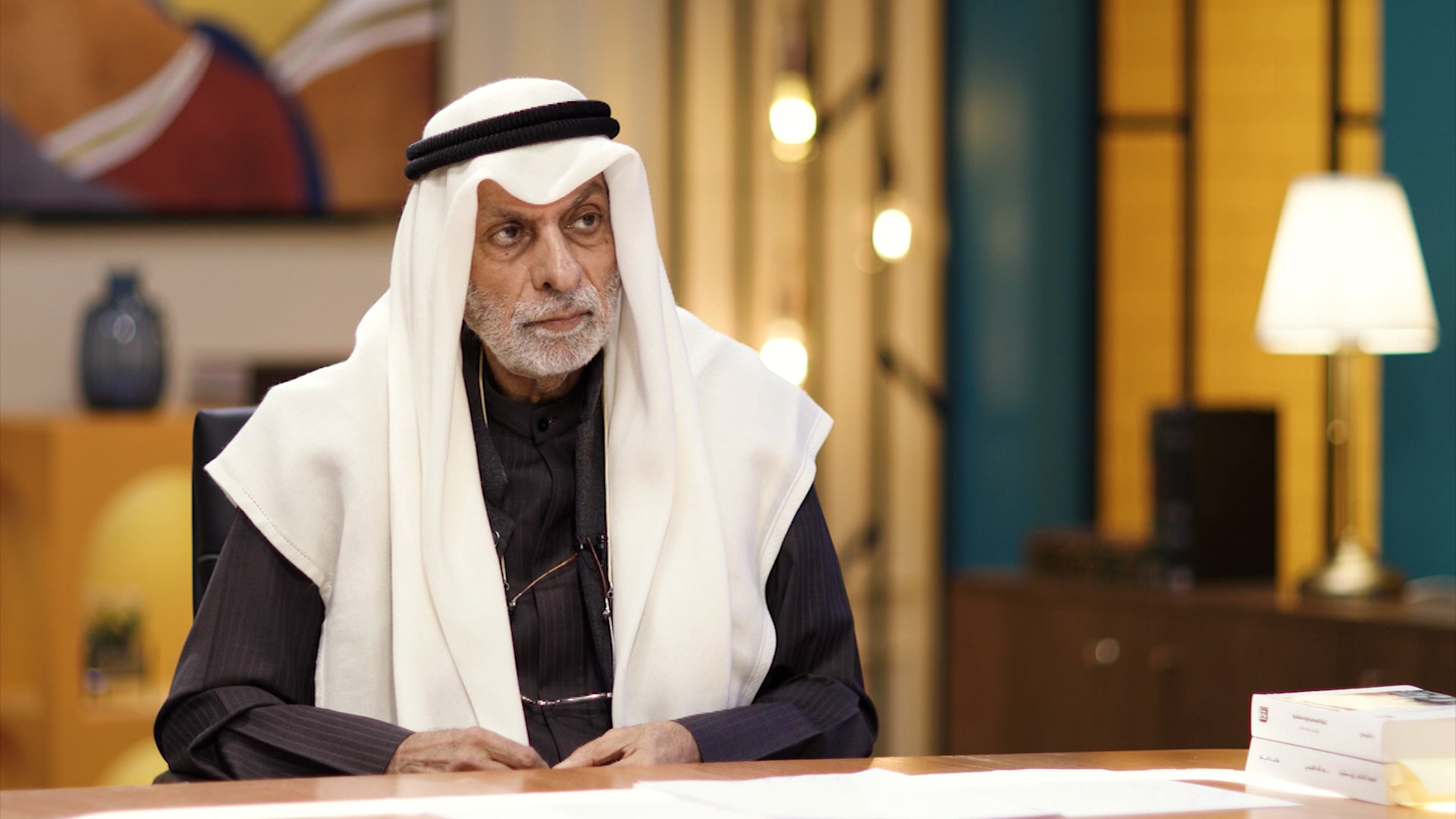According to Al-Nafisi, the Islamic movements in the Arab world have made some mistakes in the past years, most notably the mistake in reading and estimating the situation, for objective and complex reasons.
The intellectual process has also been neglected, and only a few thinkers who deal with concepts are left in it, as Sayyid Qutb and Malik bin Nabi were, and the rest are just preachers and preachers, and these deal with emotion.
From Al-Nafisi's point of view, the Islamic movement carries a great and strategic project, but the slogan it raises "Islam is the solution" is for mobilization, polarization and mobilization, and therefore it needs detailed intellectual studies in order to transform the slogan into a program.
The guest of an episode (9/2022) of the "Mawazine" program touched on the experiences of Islamic movements in the Arab world, and said that the Muslim Brotherhood in Egypt had previously misjudged the situation with the Free Officers, and in the 2012 parliamentary elections.
He reveals that he moved to Egypt in 2012 in order to warn the Brotherhood about the issue of elections, as he told Imad Abdel Ghafour, Vice President, that he warns them against nominating a president from the Brotherhood and from seizing the legislative institution, and advised them to be present in a symbolic way, and to stay away from measuring politics by popularity.
He attributed the Brotherhood's miscalculation to the fact that the Guidance Office that was deciding - and former President Mohamed Morsi to implement it - consists of members who are separate from what is going on in society and in the political arena.
Withdrawing from the political scene
As for his assessment of the Islamists’ experience in Sudan, Al-Nafisi believes that it is urgent to judge their failure to rule, because many books speak of great achievements for these Islamists in the field of oil, water, bridges, and others, despite the fact that the military committed major mistakes in the Darfur region and in southern Sudan.
He says the problem in Sudan is that there is a rupture between Islamists and other political spectrums.
He also believes that it is not fair to accuse Islamists in Algeria alone of violence in the nineties, and although they committed mistakes, the army is violent and the intelligence is more violent.
However, in the same context, he believes that not all Islamic organizations have been subjected to repression. The Muslim Brotherhood in Jordan is one of the large organizations that have been able to coexist with the monarchy.
The Kuwaiti political thinker calls on Islamic movements of all kinds to withdraw from the political scene to crystallize their strategic vision, and discuss the issue of the political cadre that it lacks, in addition to weaving relations with the international system. The Taliban movement is now in great trouble because it did not communicate with other countries.
He also indicates that Islamic organizations can dissolve themselves, and come up with other alternative frameworks and formulas to coexist with the regimes and their demands, stressing that the organization is a means of the Islamic movement and not an end.
Despite talking about the failure of the Islamists' experience in the Arab countries, Al-Nafisi stresses the role of external forces and their interventions in the region, as there is apprehension about Islam among the central countries, especially America and Europe.
It is noteworthy that the "Mawazine" program, presented by Kuwaiti journalist Dr. Ali Al-Sanad, is a weekly talk show that deals with issues of contemporary Islamic thought through research, discussion and analysis, and its production enjoys scientific cooperation from the "Heritage" page on the Al Jazeera Net website.

